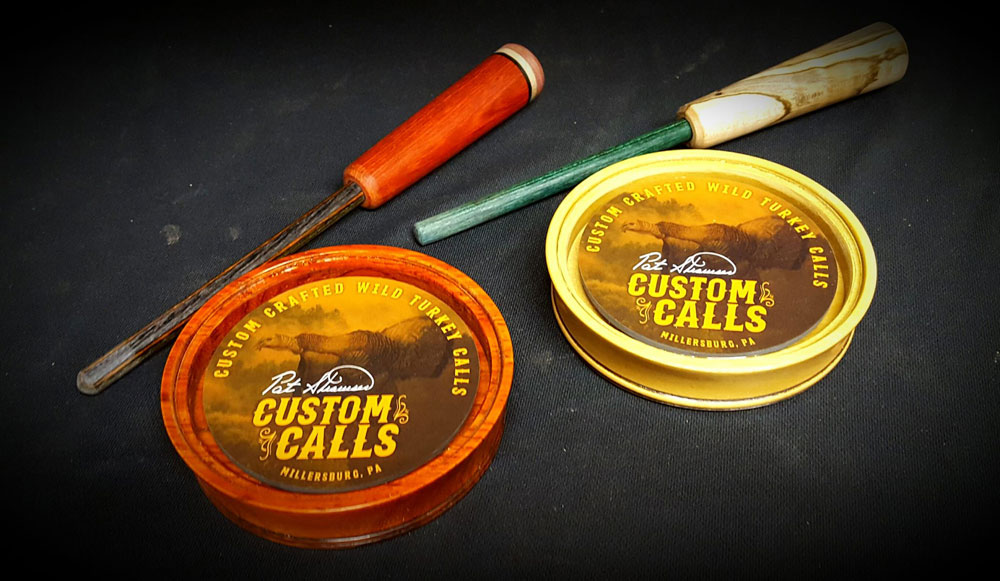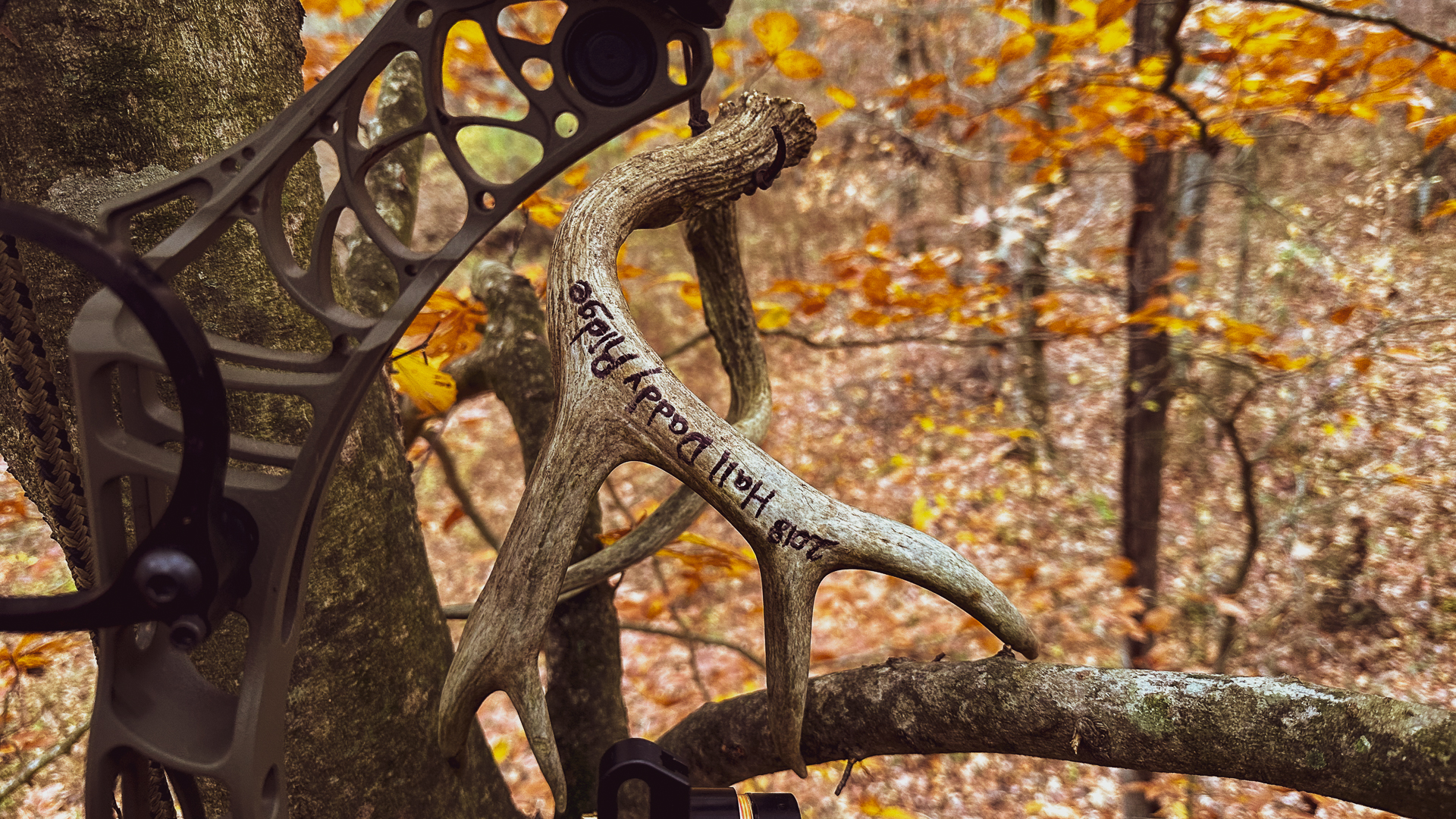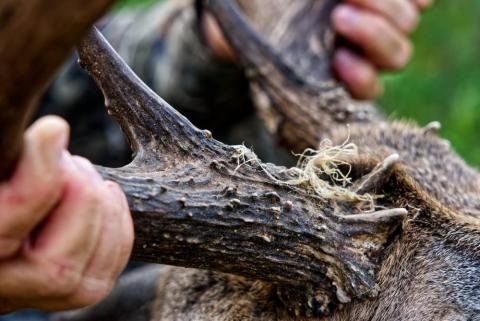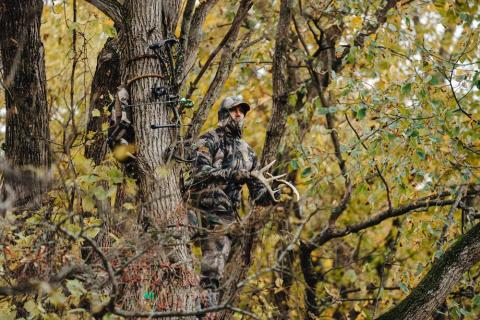Bob Humphrey
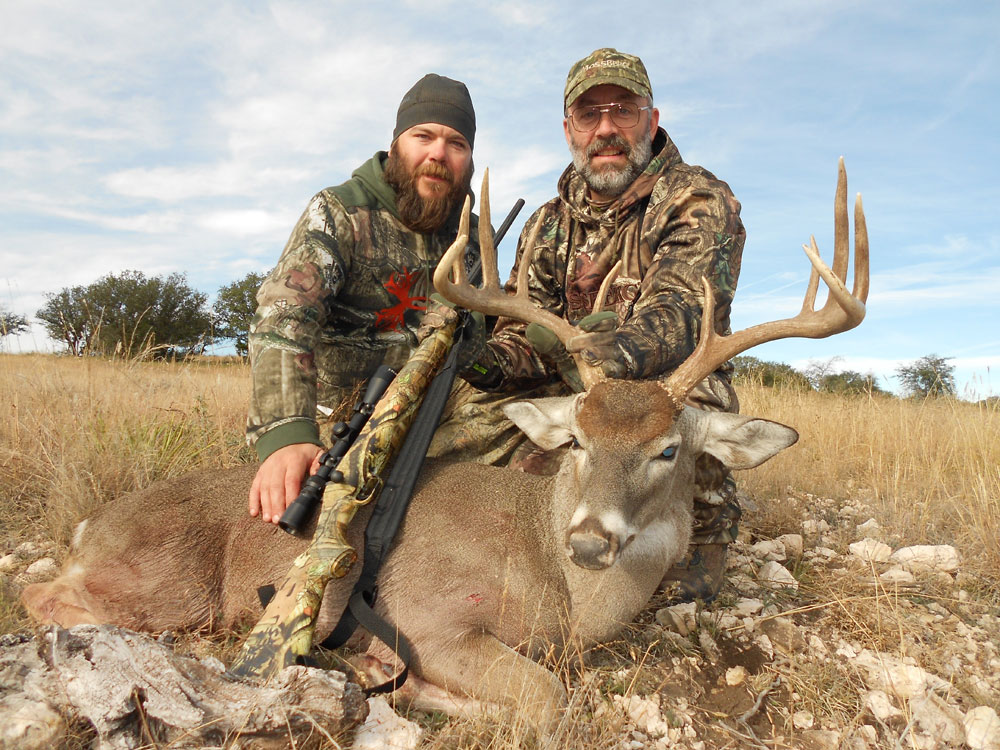
This is it; the year you’re finally going on that once-in-a-lifetime, guided hunt for a trophy. If you want to make sure it’s a memorable experience for all the right reasons, there are a few things you should know and steps you can take to ensure your dream trip doesn't turn into a nightmare.
1. Start with a plan.
At the very least, pick a species and general location. The more defined your plan the easier and more efficient the process will be. But don’t be afraid to change your mind should you find a better option.
2. Do your homework.
State wildlife agency websites and local or national trophy record clubs can show you where the best odds of success may lie for the type of trophy you’re after, whether it be quantity or quality. One of the best sources for information is the Quality Deer Management Association's annual Whitetail Report, available free online. It contains the most comprehensive and up-to-date summary of nationwide deer harvest information, including both overall deer kills and proportion of yearling and mature bucks taken in each state.
3. Talk to a friend.
What got you interested in a guided hunt in the first place? Were you talking to a friend or acquaintance who had recently been on one? Ask people you know about their experiences, good and bad. If they’ve had a positive experience with a reliable outfitter, your search could be over quickly.
4. Go to a show.
E-mail is okay and a direct phone call is better but there’s no substitute for face-to-face communication. Go to a sportsman’s show or two and talk directly with the outfitters.
5. Ask a lot of questions.
Have a list prepared and ask detailed questions about what your hunt will be like, what you can expect, what you may or may not need to bring like a safety harness or a seat cushion. Ask about success rates, minimums, care of meat and trophies.
6. Don't be misled.
When you talk with an outfitter, listen carefully to the answers to your questions. They’re usually not trying to mislead, but it’s human nature to apply what I call the optimism filter - hearing the good news and ignoring the bad. They’ll often toss around hunter success rates, but ask if those are based on shot opportunities, animals killed or trophies killed.
7. Be realistic.
In most cases, a 25 to 30 percent success rate on trophy whitetail bucks is pretty darned good for a bow hunt. You might expect higher rates for a gun hunt, or a different species like pronghorn.
8. Don’t be hasty.
You may feel pressure to sign up or even make a deposit at the show. They may not admit it, but most outfitters know they’ll book very few hunts there. Most of the firm commitments come after folks have had a chance to go home, consider and do more research.
9. Research your outfitter.
Ask for references and contact them. Word of mouth is an outfitter's best (and potentially worst) form of advertising. Any outfitter worth his salt should be willing and able to provide you with a recent list of references. Try to get references from successful and unsuccessful hunters. I would put more credence in a recommendation from someone who took no game, but still had an enjoyable hunt, than from a successful hunter.
10. Be absolutely clear on what are you getting for your money.
Outfitters use various terms like: fully-guided, semi-guided, or just guided. Ask exactly what they mean by whichever term your prospective outfitter uses. Again, don't be afraid to be very specific with your questions. Ask what hunting methods you'll be using. If it's a big game hunt, will you be spotting and stalking or stand hunting? If the latter, what kind of stands will you be using, ladder stands, lock-ons, or shooting houses? If you're spot and stalk hunting, will you be walking or riding? If you're on a waterfowl hunt, will you be alone or with a group? If the latter, how big?
A lot of this is common sense, and will be easier for those of you who have been on guided hunts previously. If you're new to hunting travel, don't be afraid to seek out the advice of someone more experienced.
















